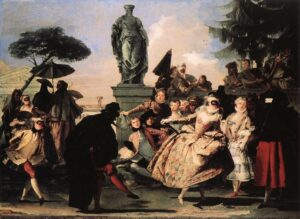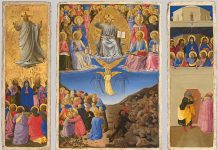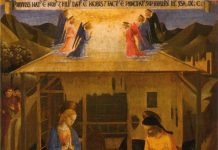
Autora: Marta Madriñán Vázquez. Profesora titular de Derecho civil, Universidad de Santiago de Compostela. marta.madrinan@usc.es.
Resumen: Junto al proceso de interpretación de la declaración expresada en testamento, orientado a conocer la voluntad real que tal declaración encierra, se encuentra el proceso de interpretación integradora del negocio sucesorio, cuya finalidad no es otra que la reconstrucción de la voluntad hipotética del causante para dar respuesta a situaciones no previstas por él al tiempo de su otorgamiento.
El interés de la materia resulta incuestionable, ya que la práctica de los tribunales y la dinámica registral refrendan que la solución a gran parte de las controversias existentes en el ámbito sucesorio se encuentra en la averiguación de la voluntad del de cuius. Controversias que, en ocasiones, podrían ser evitadas mediante una adecuada canalización por parte de los notarios y abogados de la voluntad que se les transmite y de las finalidades buscadas por el otorgante, a través de cláusulas completas y adaptadas al marco normativo vigente.
Consciente de que son muchos los supuestos en que nuestros tribunales se sirven de este proceso, se ha realizado una búsqueda de algunas de las sentencias que, más allá del supuesto más típico de disposición testamentaria a favor del cónyuge que dejó de serlo al tiempo de la apertura de la sucesión, resuelvan el conflicto planteado mediante la interpretación integradora del testamento.
Palabras clave: Testamento; interpretación; integración; voluntad hipotética; voluntad real; causante; testador; sucesión; causante.
Abstract: Alongside the process of interpretation of the declaration expressed in the will, aimed at ascertaining the real will that such a declaration contains, there is the process of integrating interpretation of the inheritance business, the purpose of which is none other than the reconstruction of the hypothetical will of the testator in order to respond to situations not foreseen by him at the time of its granting.
The interest of the subject is unquestionable, as the practice of the courts and the dynamics of the registry confirm that the solution to a large part of the existing controversies in the field of succession lies in the ascertainment of the will of the de cuius.
Disputes which, on occasions, could be avoided by means of an adequate channelling by notaries and lawyers of the will transmitted to them and of the purposes sought by the grantor, by means of complete clauses adapted to the current legal framework.
Aware that there are many cases in which our courts make use of this process, a search has been carried out for some of the judgments which, beyond the most typical case of testamentary disposition in favour of the spouse who ceased to be a spouse at the time of the opening of the succession, resolve the conflict raised by means of the integrating interpretation of the will.
Key words: Will; interpretation; integration; hypothetical will; actual will; testator; testator; succession; succession: testator.
Sumario:
I CUESTIONES PREVIAS: LA VOLUNTAD DEL TESTADOR EXPRESADA EN TESTAMENTO.-
II. LA INTERPRETACIÓN INTEGRADORA DE LA VOLUNTAD DEL CAUSANTE.-
III. INTEGRACIÓN NORMATIVA DE LA VOLUNTAD HIPOTÉTICA DEL TESTADOR.
IV. INTEGRACIÓN JURISPRUDENCIAL DE LA VOLUNTAD HIPOTÉTICA DEL TESTADOR.-
1. Interpretación integradora en los supuestos de crisis matrimonial.-
2. Sustitución vulgar implícita en una sustitución fideicomisaria.-
3. Otros supuestos jurisprudenciales de interpretación integradora.-
A) Instituciones hereditarias sometidas al deber de prestar cuidado y asistencia.-
B) Imputación de legados y pago de la legítima. –
C) Donación con dispensa de colación.-
D) La sustitución vulgar ordenada por el testador.
Referencia: Actualidad Jurídica Iberoamericana Nº 20, febrero 2024, ISSN:2386-4567, pp. 820-847.
Revista indexada en SCOPUS (Q3), REDIB, ANVUR (Clase “A”), LATINDEX, CIRC (B), MIAR, RRDe (Q1), IDR (C3).





